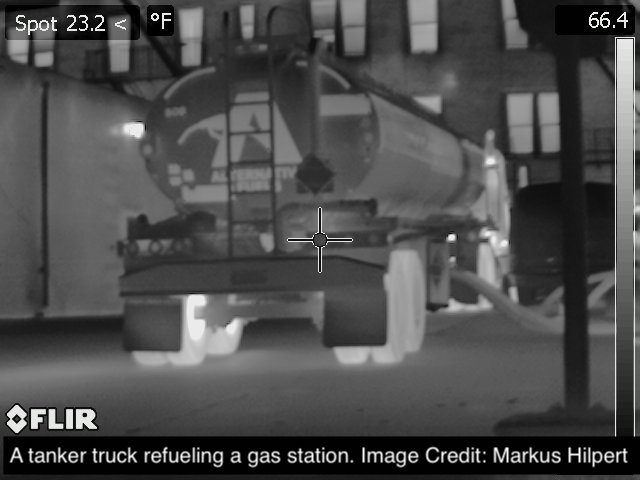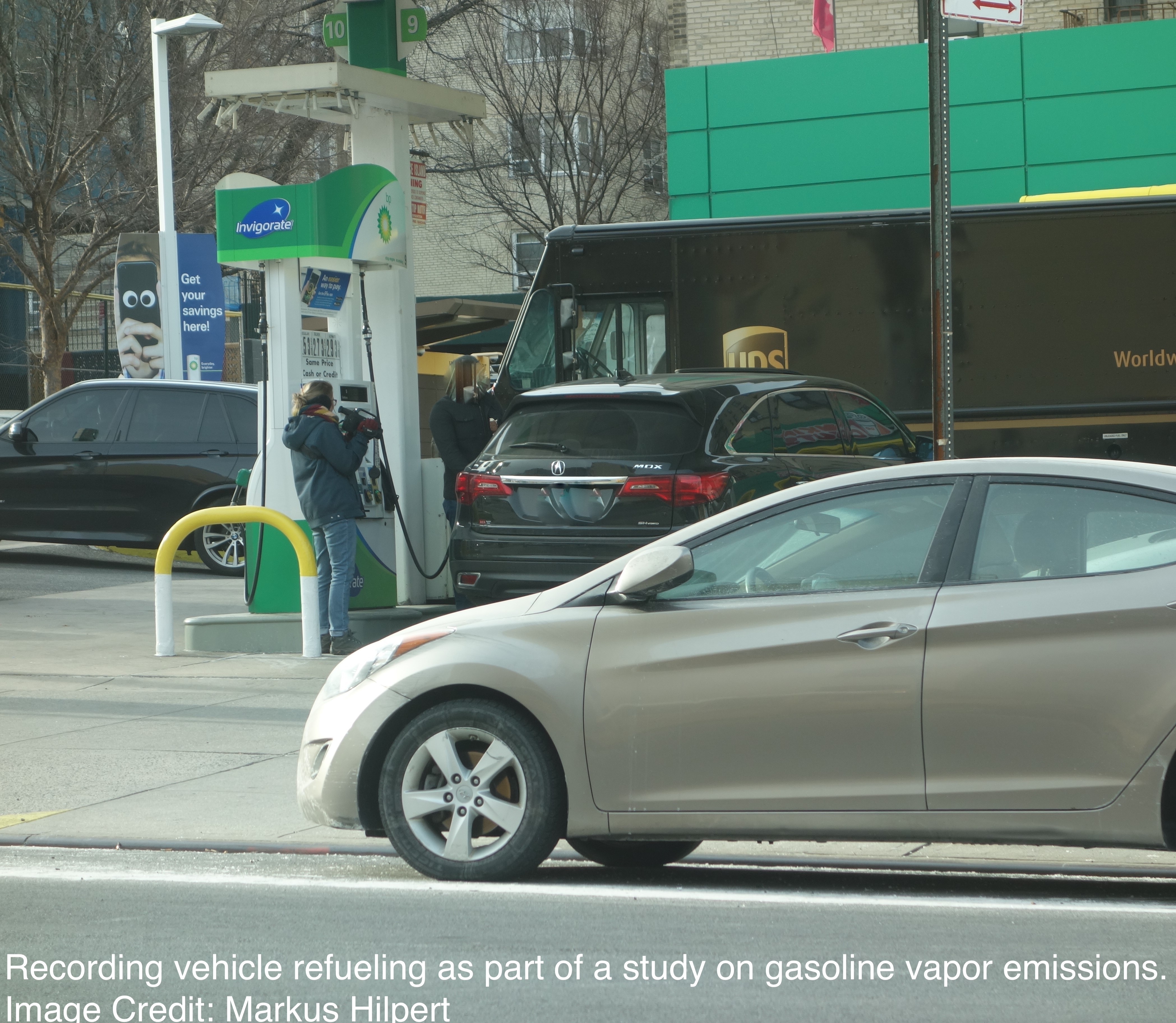Previous Projects
Menstruation and Environmental Health
Menstruation is a vastly understudied health process in environmental health. I am interested in understanding how menstruation is related to chemical exposures and excretion, and how this could impact health. For example, tampons, which are composed of cotton and rayon, can contain contaminants such as metals and endocrine disrupting chemicals. Additionally, menstruation is likely an excretion route for PFAS in the body.
- Publications:
Exposures at Gas Stations
Gas stations are sources of exposure for numerous dangerous chemicals and mixtures, including vehicle exhaust, vaporized fuel, and liquid fuel, which contain harmful aromatics (benzene, toluene) and other chemicals (black carbon, particles). Individuals can be exposed to these mixtures when they refuel their vehicles, work at gas stations, or happen to live or work in close proximity to a gas station. At particular risk are the thousands of employees who work as gas station attendants pumping gas for customers, for example in the state of New Jersey, where self-service is illegal. Despite these risks, there is limited knowledge on exposures and potential health impacts at gas stations, especially in the United States.
- Publications:




